About Winds of Change
If you or a loved one are struggling with addiction, Winds of Change can help. We offer a variety of programs and services to meet your unique needs, including dual diagnosis, young adult rehab, adult rehab, elderly rehab, men’s rehab, women’s rehab, outpatient rehab, aftercare support, cognitive behavioral therapy, dialectical behavior therapy, experiential therapy, fitness therapy, group therapy, individual therapy, recreational therapy, and trauma therapy. No matter where you are in your journey, we can help you take the next step towards recovery.
Addiction Treatment Programs
Dual Diagnosis
A dual diagnosis is when you have a mental health diagnosis along with a substance use disorder. Getting integrated rehab in Montana is essential to long-term recovery. In addition to typical detox, inpatient treatment, and outpatient care, a dual diagnosis program may include medication management, additional counseling, and classes on healthy coping and other important life skills.
Young Adult Rehab
Choosing a young adult rehab in Montana can be a great way to learn new life skills while also addressing substance use. In addition to typical detox, inpatient treatment, and outpatient care, a young adult program may also teach clients about living independently, budgeting, having healthy relationships, parenting, and more.
Adult Program
Adulting can be hard. When you choose an adult program in Montana, you get the support you need to overcome addiction and build a successful life. In addition to typical detox, inpatient treatment, and outpatient care, an adult program may also teach clients about building a career, saving for retirement, parenting, and more.
Men's Rehab
Men need unique support, and a men’s rehab in Montana can help them manage gender-specific concerns while overcoming addiction. In addition to typical detox, inpatient treatment, and outpatient care, a men’s program may also teach clients about having healthy relationships, fatherhood, building a career, and more.
Women's Rehab
When people join a women’s rehab in Montana, they are able to tackle gender-specific issues while receiving treatment. In addition to typical detox, inpatient treatment, and outpatient care, a women’s program may also teach clients about motherhood, building a career, being safe in relationships, and more.
Senior Rehab
Insurance Coverage
Medicaid
How do you pay for rehab in Montana? If you have Medicaid, consider using it to pay for some or all of the costs of treatment. This can be helpful for those struggling to pay for treatment. Look for centers that accept Medicaid and offer the levels of care you need, such as detox, inpatient, and outpatient treatment.
Self-pay options
If you’re looking for ways to pay for rehab in Montana, self-pay may be an option. You get a medical loan, write a check, or send money to the center electronically. The fee structure may vary depending on the level of care.
Financial aid
If you qualify, using financial aid programs can help pay for substance use treatment in Montana. Finding aid programs takes some research. Look for community groups or nonprofits in your area that may offer assistance, or ask individual treatment centers if they offer scholarships and grants.
Levels of Care
- 1
Outpatient Rehab
Outpatient treatment in Montana allows clients to live at home or in a sober living facility while attending treatment. Outpatient treatment is less intensive than inpatient care and may include both counseling and attendance at a 12-step or other recovery support group.
- 2
Aftercare Support
Aftercare in Montana helps clients maintain long-term recovery by providing essential support after treatment ends. Aftercare services help provide stability as you establish your new life and may include help with employment, housing, sober activities, making friends, and finding long-term support.
Therapies
Cognitive Behavior Therapy
In Montana, cognitive behavioral therapy (CBT) is widely used in addiction treatment. Your underlying core beliefs can cause you to automatically react in certain ways. CBT helps you identify these immediate responses, challenge them, and choose a healthier response.
Dialectical Behavior Therapy
In Montana, dialectical behavioral therapy (DBT) is widely used in addiction treatment. You probably have unhelpful thoughts and behaviors that you have inadvertently practiced for years. DBT helps you identify these behaviors and choose a healthier response.
Experiential Therapy
Experiential therapy in Montana gives you tools to process your emotions, helping you improve and change your life. Experiential therapy can help you face your emotions and learn skills that give you a healthier way to manage stress and handle substance use triggers in day-to-day life.
Group Therapy
Group therapy in Montana helps clients overcome substance use by providing accountability and support. Group therapy can be part of detox, inpatient treatment, and outpatient care. It’s generally combined with individual counseling, activities, life-skills classes, and relapse prevention planning.
Individual Therapy
Attending individual therapy in Montana is a way to work through your past and develop healthy coping skills, helping you establish long-term recovery. A professional therapist can help you identify substance use triggers, reshape your thinking about specific topics, and address prior experiences and trauma that impact your substance use habits.
Recreational Therapy
Recreational therapy in Montana allows you to learn to trust others, develop group problem-solving skills, and ask for help. Recreational therapy is a complement to traditional evidence-based treatment approaches and may be a part of inpatient treatment, outpatient care, or both.
Trauma Therapy
Many people struggling with addiction in Montana are dealing with unprocessed trauma. Trauma-informed therapy can help you address what happened and develop healthier coping strategies. Trauma-informed therapy is one element of rehab treatment, which also includes activities, peer support, individual and group counseling, relapse prevention, and more. Together, all these methods support you in establishing long-term recovery.
Fitness Therapy
Accreditations
Location
Contact Winds of Change
Top Drug Rehab Centers in Montana
-
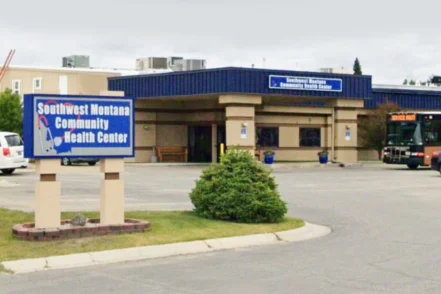 Montana
MontanaSouthwest Montana Community Health Center Butte
445 Centennial Avenue Butte, Montana 59701
-
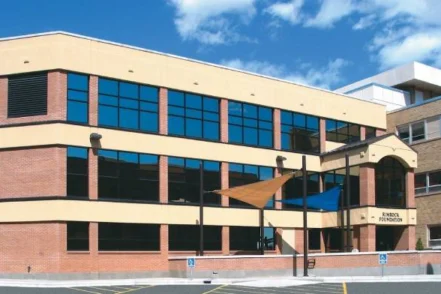 Montana
MontanaRimrock Foundation
1231 North 29Th Street Billings, Montana 59101
-
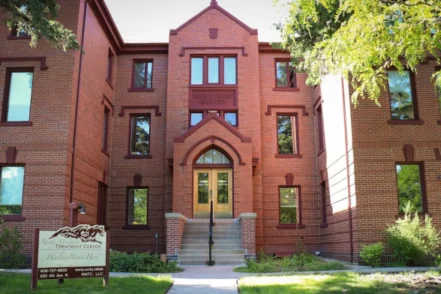 Montana
MontanaRocky Mountain Treatment
920 4Th Avenue North Great Falls, Montana 59401
-
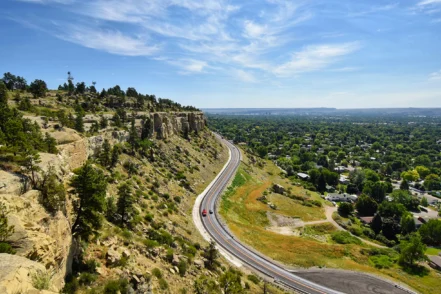 Montana
MontanaIdeal Option Billings
2525 4th Avenue North, Suite A Billings, Montana 59101
-
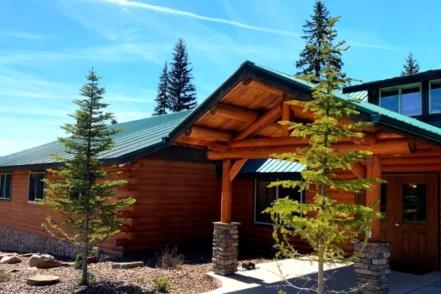 Montana
MontanaBehavioral Health Turning Winds
31733 South Fork Yaak Rd Troy, Montana 59935
-
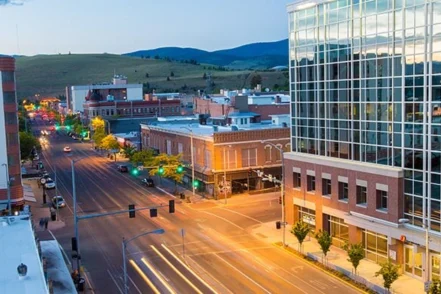 Montana
MontanaWinds of Change
1120 Cedar Street Missoula, Montana 59808
-
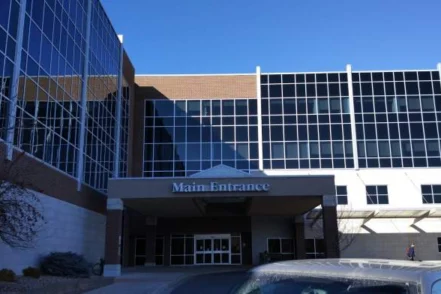 Montana
MontanaSt Peters Hospital
2475 East Broadway Street Helena, Montana 59601
-
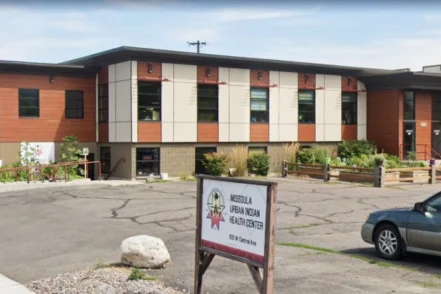 Montana
MontanaAll Nations Health Center
830 West Central Avenue Missoula, Montana 59801
-
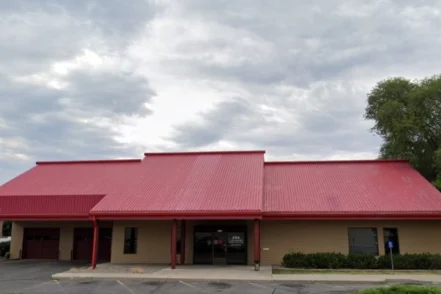 Montana
MontanaCommunity Medical Services Missoula
2415 South Catlin Street, Suite 4 Missoula, Montana 59801
-
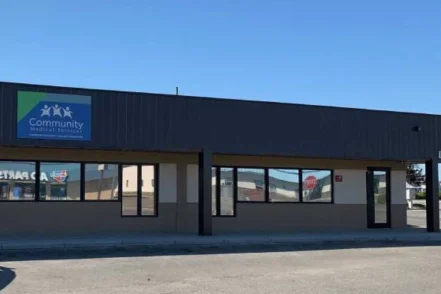 Montana
MontanaCommunity Medical Services Billings
2040 Rosebud Drive, Suite 7 Billings, Montana 59102

